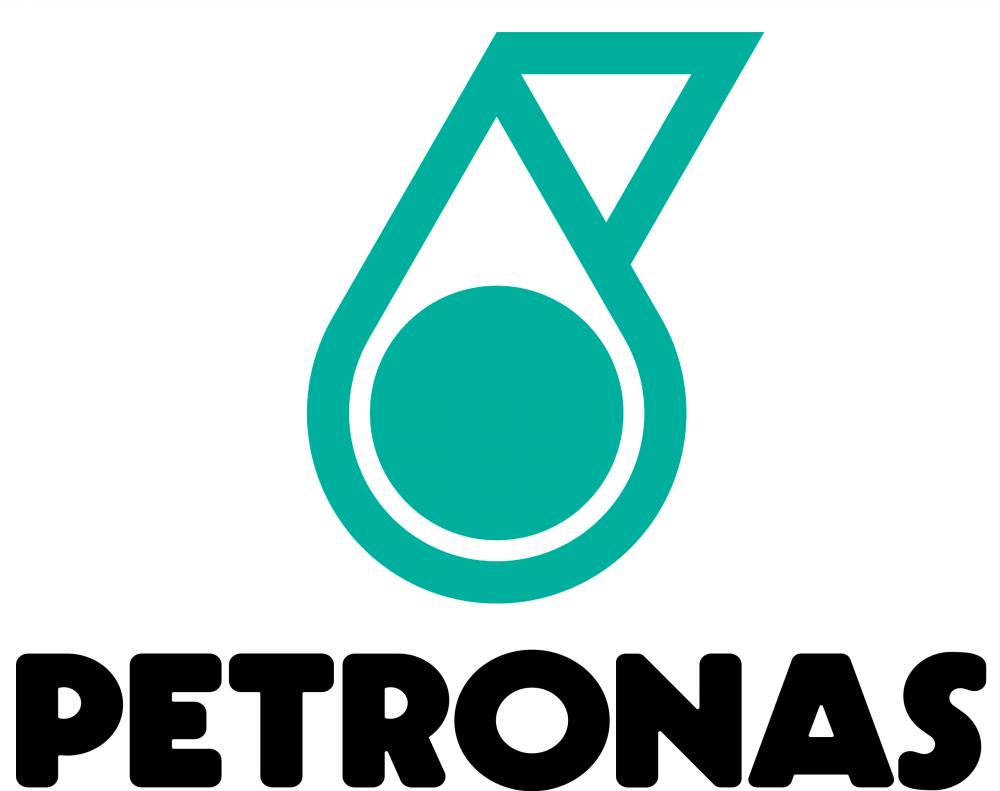KUALA LUMPUR: Petroliam Nasional Bhd (Petronas)’s upcoming “right-sizing” exercise will impact the entire workforce starting with management, said CEO Tengku Tan Sri Muhammad Taufik.
He dismissed claims that the restructuring would shield senior management while affecting lower-level employees.
“I have to say, some people are saying this is a protectionist exercise where senior management is going to be shielded while everybody else who has no say is going to be affected. On the record, if we decide to restructure the entire workforce, bottom to top is affected, the first ones who will be affected will be from management onwards,” he said when announcing the Petronas Group second half & full year 2024 financial results yesterday.
He said that the process will be structured and equitable as Petronas adapts to a shifting industry landscape.
“We’re going to be doing this in a structured way. And the people who are affected by this, we will deal with them respectfully and equitably.”
Tengku Muhammad Taufik stressed that this is not a retrenchment exercise but a business-driven right-sizing initiative.
“That means we define how we want to operate and determine the most efficient portfolio of assets. Based on that, we assess the kind of workforce that matches our operational needs,” he explained.
He further said if the workforce exceeds what is required for efficient operations, it will right-size it so that the business unit remains profitable and viable.
“Notice I did not say we cut so we get the profit. When you go to retrenchment and you hear retrenchment being repeated over and over again, it is a point of desperation. People retrench when they cannot sustain the costs.”
There have been comments suggesting that Petronas could simply absorb the costs and maintain the workforce, but Tengku Muhammad Taufik argued that this would not serve the company’s long-term interests.
“The layers and the population need to be revisited with a view to increasing efficiency, making faster decisions, and empowering people in a time when the environment demands these very changes.”
He also addressed concerns about reports stating that 15,000 to 16,000 employees, referred to as “enablers” in support functions such as finance, HR, and HQ support, would be let go.
“Are you telling me that the reports which say I am going to wipe out 16,000 employees are correct? Can Petronas operate without a corporate center - without accounts, finance, or HR? It is impossible.”
He stressed that Petronas must assess its workforce needs judiciously.
“The time frame for deciding the eventual right size of Petronas will be concluded by mid-year as the task force completes its assessment. In the second half of the year, we will begin rolling out the new organisational structure in phases.”
He also pointed to external factors influencing Petronas’ transformation, including the changing industry landscape, macroeconomic conditions, geopolitical tensions, and regulatory shifts.
“With increasing technical challenges, lower carbon expectations, and the need for more market-oriented and customer-focused solutions, we have to determine the right workforce for these needs. We will do this respectfully and ensure we engage with our staff first.”
For the financial year ended Dec 31, 2024, Petronas recorded lower revenue due to lower average realised prices.
For the full year, revenue stood at RM320 billion, a decrease of 7% from the previous year, due to lower average realised prices, negated by higher sales volume.
In addition, the 2024 revenue only included five months of Engen Group’s financial results until its divestment in May 2024.
Profit after tax (PAT) decreased by 32% to RM55.1 billion in line with the lower average realised prices and favourable tax adjustments in 2023. The unfavourable realisation of foreign currency translation reserve, upon divestment of the Engen Group, also impacted PAT.
The group recorded a lower Ebitda of RM114.1 billion, in line with lower profits. Cash Flows from Operating Activitiesstood at RM102.5 billion, primarily driven by Ebitda. Capital investments stood at RM54.2 billion, mainly attributable to activities in Malaysia. Total assets stood at RM766.7 billion. Shareholders’ equity increased to RM451.2 billion, mainly attributable to profit recorded during the year.
As we look ahead to 2025, Tengku Muhammad Taufik said Petronas is strategically positioned to meet rising energy demands while ensuring supply security.









